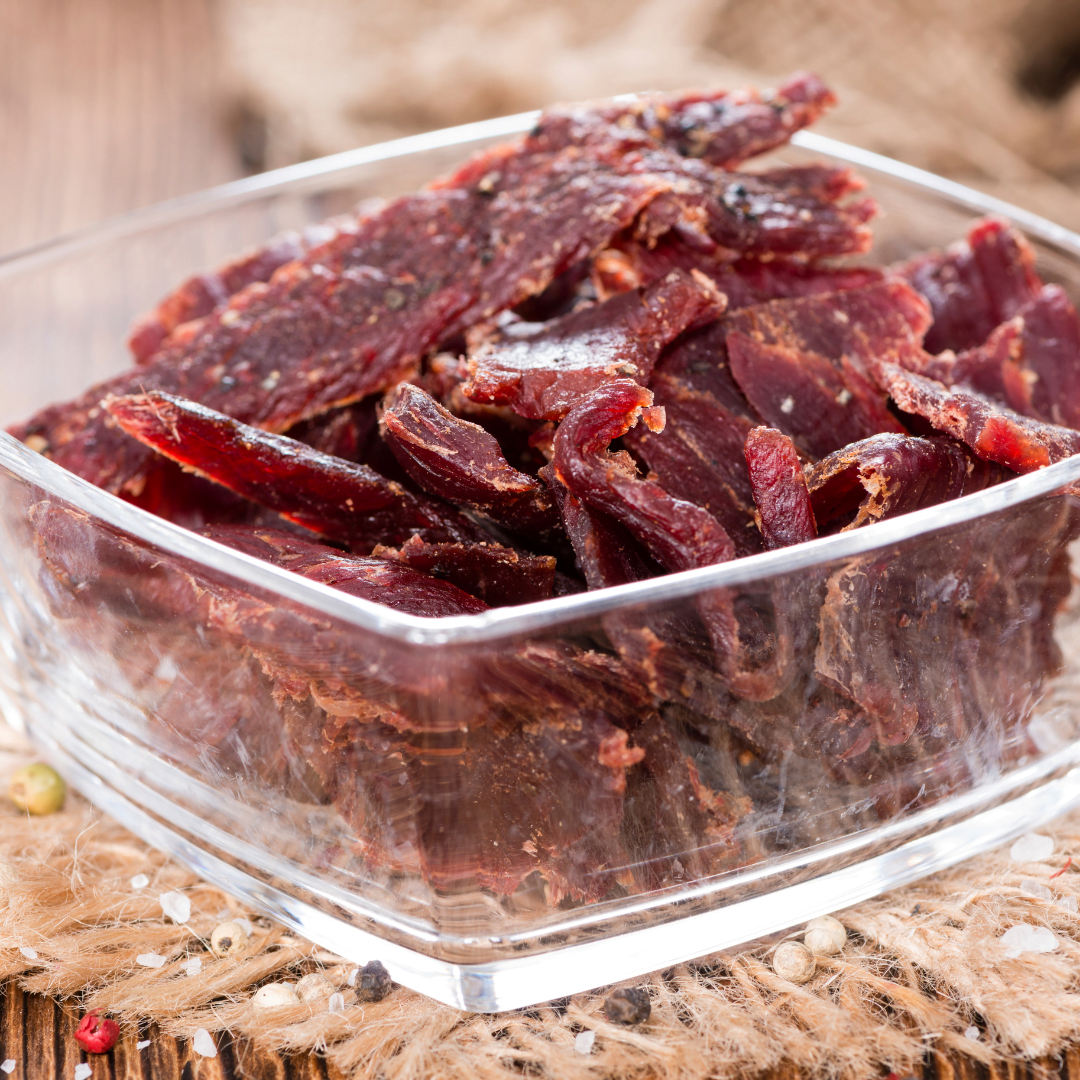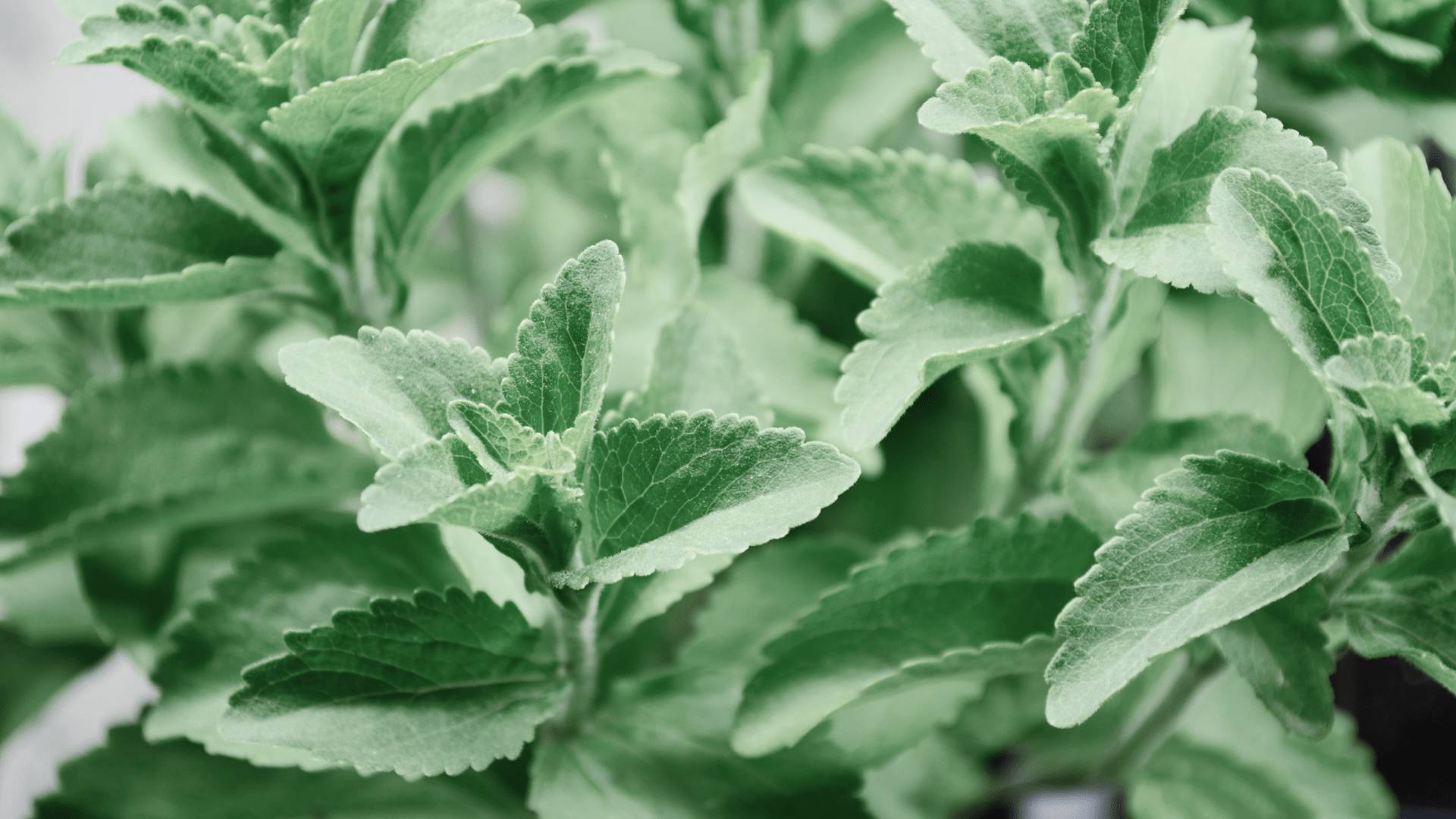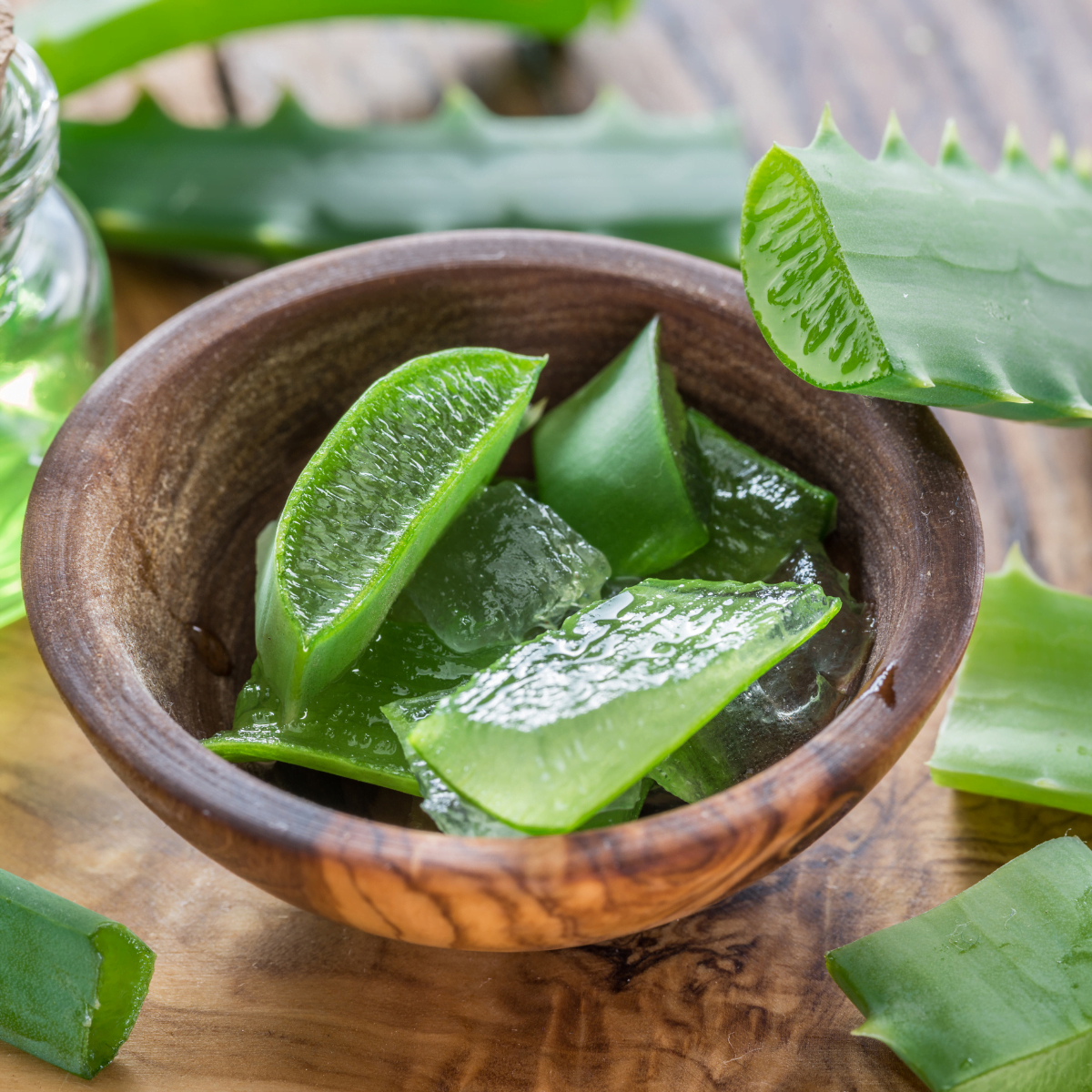Making Jerky: A Guide to Delicious and Nutritious Jerky
Share

From Traditional Techniques to Tasty Recipes - Your Complete Guide to Making Jerky
Living in Borrego Springs often involves preparing for survival throughout the year. One effective and time-honored method of food preservation that suits this environment well is making jerky. This traditional technique, used for centuries, involves slicing meat into thin strips, marinating it in a blend of salt, spices, and other flavorings, then drying it to remove moisture. This process not only enhances flavor but also makes the meat inhospitable for bacteria, allowing it to last for months without refrigeration.
The advantage of jerky is especially evident when refrigeration is unavailable, such as during camping, hiking, or in emergency scenarios. Its lightweight, compact nature makes jerky an ideal travel companion for outdoor adventures. Besides being a source of essential protein needed for body tissue maintenance and immune system support, jerky is also calorie-dense, providing much-needed energy during physical exertions – a quintessential survival food.
In addition to its survival benefits, jerky serves as a delicious, versatile snack. With a myriad of marinade options and seasonings available, you can create a range of flavors from traditional beef to spicy pork and sweet, smoky venison, catering to all taste preferences.
To start making your own jerky, follow these basic steps:
- Select your meat, be it beef, pork, turkey, or venison.
- Slice the meat against the grain into thin strips (1/4 to 1/8 inch thick).
- Prepare your marinade with ingredients like soy sauce, Worcestershire sauce, brown sugar, and spices, and let the meat marinate for at least 4 hours or overnight.
- Dry the meat on a dehydrator tray or oven rack at a low temperature (160-170°F) for several hours.
- Once dry and cool, store the jerky in an airtight container in the fridge or freezer.
Here are some jerky recipes to try:
- Classic Beef Jerky: Create a marinade with soy sauce, Worcestershire sauce, brown sugar, and spices. Marinate beef strips overnight and dry.
- Teriyaki Turkey Jerky: Use a marinade of soy sauce, brown sugar, ginger, and garlic. Marinate turkey strips overnight and dry.
- Spicy Pork Jerky: Combine soy sauce, brown sugar, cayenne pepper, and cumin for the marinade. Marinate pork strips overnight and dry.
- Sweet and Smoky Venison Jerky: Mix soy sauce, brown sugar, liquid smoke, and spices for the marinade. Marinate venison strips overnight and dry.
The survival benefits of jerky are significant – it's nutritious, portable, long-lasting, and does not require refrigeration. It's also a great protein source, crucial for survival situations. Moreover, making jerky in the wild is feasible if you have access to a dehydrator or an oven.
For making jerky, you will need:
- Meat (beef, pork, turkey, or venison)
- Knife
- Cutting board
- Marinade ingredients (soy sauce, Worcestershire sauce, brown sugar, spices)
- Dehydrator or oven
- Food thermometer
- Parchment paper
- Airtight container
This comprehensive guide provides you with all the information you need to successfully make jerky, whether for survival purposes or as a tasty snack for your outdoor adventures.




